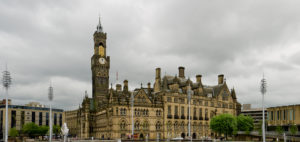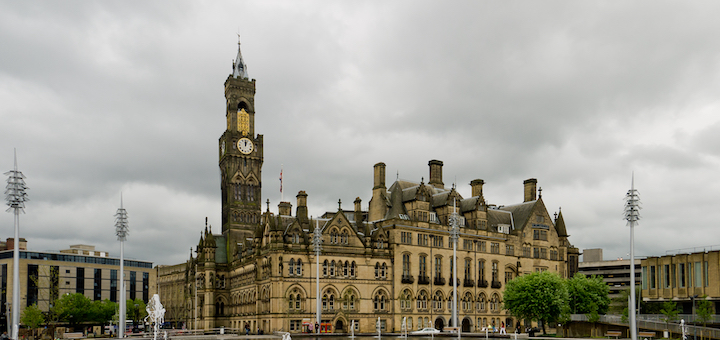
Bradford Metropolitan District Council faces a budget gap of £77m in 2023/24 due to inflationary pressures and what it called “repeated delays” to local government finance reforms.
A report by Chris Chapman, Bradford council’s director of finance and IT, updated the council’s medium-term financial strategy (MTFS) for the next three years, with the authority also facing a £72m gap in 2024/25 and £64m in 2025/26.
Chapman states in the report: “The MTFS forecast shows a continuing pressure on the council’s financial resources and identifies a potential funding gap for planning purposes of c£77m in 2023/24, that will need to be bridged through additional savings, additional income, or the use of one-off reserves to set a balanced budget in February 2023.”
These financial pressures are compounded by repeated delays to government reforms of local government finance such as business rates reset, and fair funding formula review implementation, which are expected to result in additional funding for the Bradford District.
Inflationary impact
He highlighted that the budget gap for 2023/24 is predominantly driven by the impact of inflation, which has increased the authority’s core costs by £58.6m, £72.6m and £86.7m respectively in each of the three years covered by the MTFS.
Bradford’s FD pointed out that the significant growth in demand for children’s social care services, the high cost of placements and the council’s reliance on agency workers had also contributed to the council’s financial gap.
This comes as the children’s services department estimated an overspend of £33.8m in its 2022/23 budget in July.
Delays to reforms
“These financial pressures are compounded by repeated delays to government reforms of local government finance such as business rates reset, and fair funding formula review implementation, which are expected to result in additional funding for the Bradford District,” Chapman’s report added.
It suggested that the delays to local government finance reforms, inflation and international issues have meant that the council’s financial position is under “unprecedented levels of uncertainty”.
The report stated that the council has already had to deliver over £300m of budget reductions and increased council tax to meet financial pressures. But highlighted that the council’s reserves will be unable to plug the financial gap over the next three years.
Chapman outlined that a “large number of mitigations” are currently being explored by the council to reduce the forecast budget gap, which includes business rate reform, reviewing services budgets and a council tax increase of 1.99%.
He highlighted that council tax increases could “inevitably lead to further pressures on households, and potentially increased demand-led costs to council budgets”.
Alongside these measures, Chapman said that the council would be calling for additional central government funding.
“The council will be lobbying government for additional funding and [will] support sector campaigns/lobbying regarding a sustainable level of funding and funding mechanism for local government,” Chapman’s report continued.
The report will be discussed at a meeting of the council’s executive on 6 September.
—————
FREE weekly newsletters
Subscribe to Room151 Newsletters
Room151 LinkedIn Community
Join here
Monthly Online Treasury Briefing
Sign up here with a .gov.uk email address
Room151 Webinars
Visit the Room151 channel












